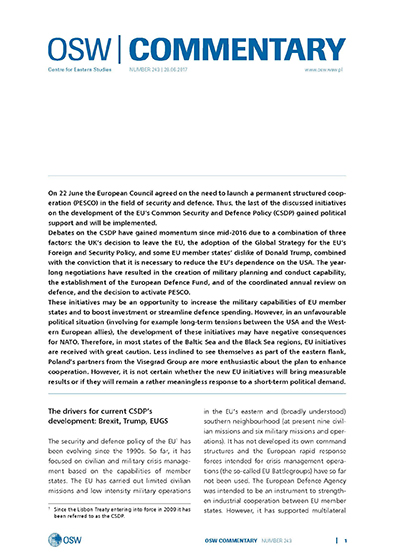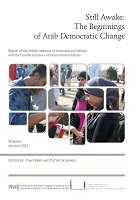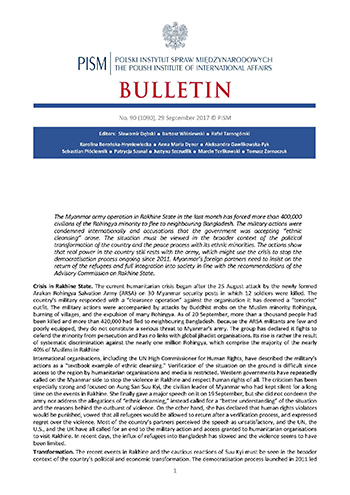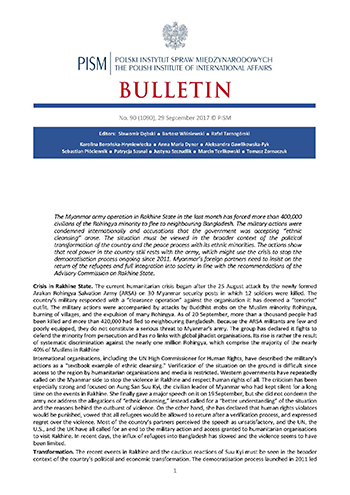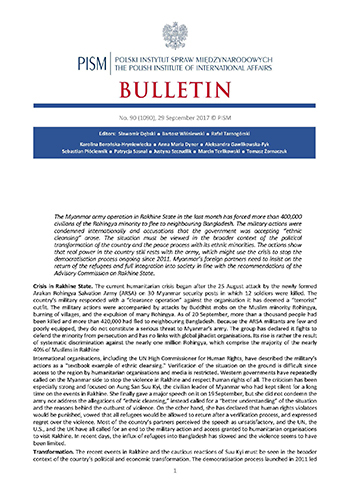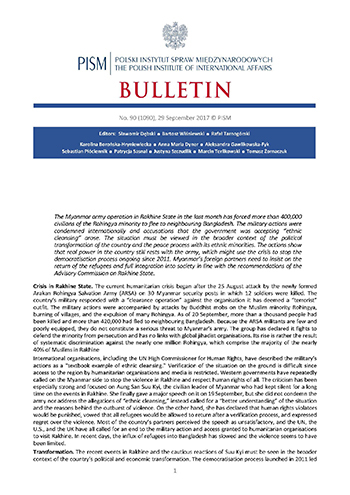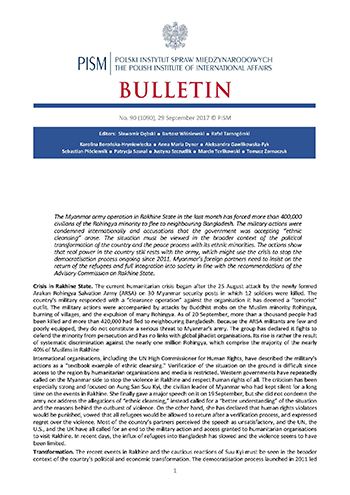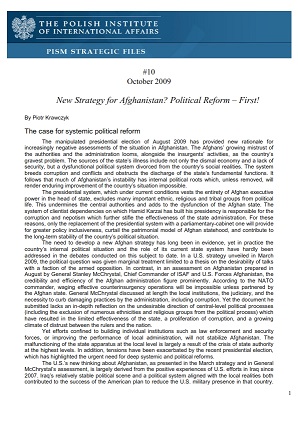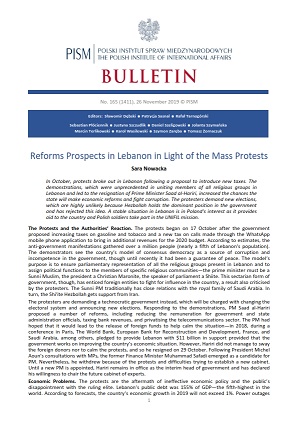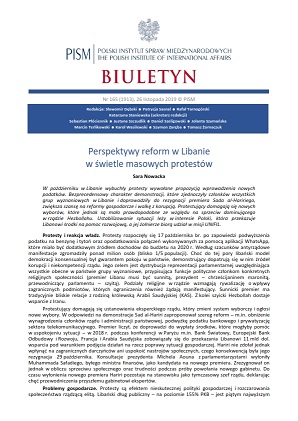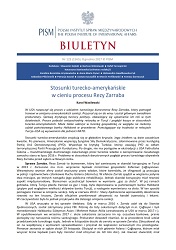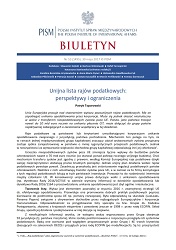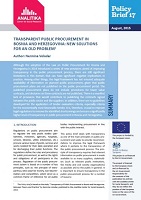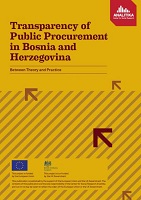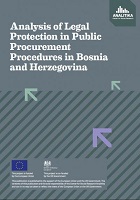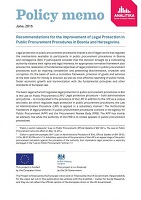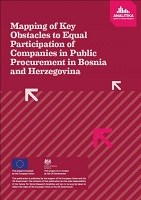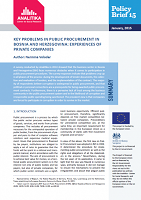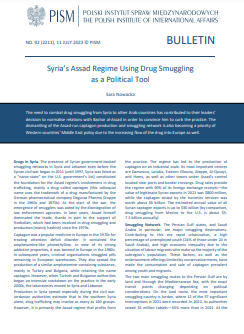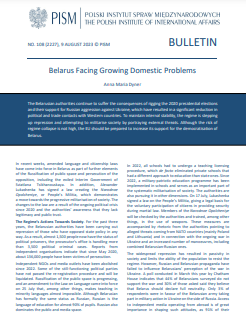Author(s): Nermina Voloder / Language(s): English
The public procurement system in Bosnia and Herzegovina (BiH) is characterised by numerous weaknesses and shortcomings. In the ten years of application of the BiH Law on Public Procurement, a range of irregularities in public procurement procedures have been identified, including practices of privileging individual bidders through discriminatory criteria and technical specifications in tender documentation, dividing procurement value into smaller amounts to avoid implementing the public procurement procedure for higher amounts, procurements of goods, services or works without a public procurement procedure, use of annexes to existing contracts to increase the value of procurement, and other ways of changing the terms of contracts based on public procurement procedures. Irregularities and abuses in public procurement have, among other things, contributed significantly to the spread of corruption and to hindering the operation of the private sector in BiH. Research has shown that corruption is one of the most significant obstacles to the work of private companies and to overall economic development, not just in BiH, but in countries of the region as well. Reports by international and non-governmental organisations and representatives of the business sector in BiH have for the past few years pointed out failings and irregularities in the public procurement system that undermine the basic principles of fair and active competition, transparency, equal treatment of bidders, and efficient and responsible public spending. This report resulted from the need to identify key problems in public procurement based on surveying a representative sample of the business community with direct experience of public procurement in BiH. The report is based on the findings of research conducted during 2014 with the main aim of mapping the major obstacles faced by companies in BiH entering public procurement procedures in BiH. Representatives of private enterprises of various sizes (micro, small, medium and large enterprises) and from various branches of the economy throughout BiH participated in the study. The study provides insight into the views and perceptions, as well as the reallife experience of business sector representatives in BiH when it comes to various aspects and phases of public procurement. In that context, this is the first survey study in BiH that identifies key problems in public procurement by relying on the views and experiences of business sector representatives that have participated in public procurement procedures. For the purposes of this report, which presents the main obstacles to the participation of enterprises in public procurement, the respondents answered questions about issues such as availability of public procurement invitations for submitting bids, definitions of eligibility criteria and technical specifications, application of appropriate procedures, transparency of outcomes, legal protection, public procurement contract implementation control, perception of the degree of corruption in public procurement, trust in the fairness and justice of public procurement procedures, etc. The examination of practices that hinder efficient market functioning and the identification of areas of heightened risk of corruption were also recognised in strategic documents of BiH authorities as a necessary measure for the development of efficient anti-corruption policies in BiH. The present study naturally fits into this normative and strategic framework. Namely, given that public procurement is particularly vulnerable to corruption, data from this report can prove useful as guidance for decision makers in BiH working to improve the public procurement regulatory framework and practices. The report first presents the main features of the public procurement system and gives details of the research methodology. Research results that reflect the experience of private sector representatives in public procurement in BiH are set out in the fourth chapter and divided among all the phases of the public procurement cycle. The conclusion sums up the key results and indicates further research and analyses necessary in this area.
More...
